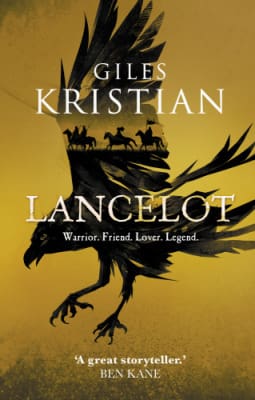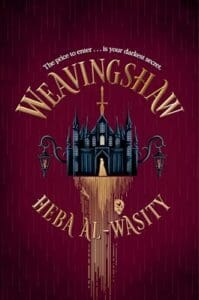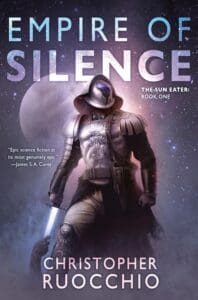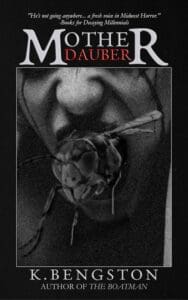
Synopsis:
In Britain, Rome’s legions are but a distant memory. And Uther Pendragon is dying. Enemies stalk the land. Into this uncertain world a boy is cast – an outsider, plagued by memories of those he’s lost. Under the watchful eye of Merlin, the boy begins his journey to manhood. He meets another outcast, Guinevere – wild, proud and beautiful. And he is dazzled by Arthur – a warrior who carries the hopes of the people like a flaming torch in the dark. But these are treacherous times, and the fate of Britain rests on a sword’s edge. This young man becomes a lord of war: loved, hated, admired and feared. He is a man forsaken but not forgotten. He is Lancelot.
Set in a 5th century Britain besieged by invading bands of Saxons and Franks, Irish and Picts, Giles Kristian’s epic novel tells – in Lancelot’s own words – the story of the most revered yet reviled of all Arthur’s knights, the warrior who fought at his lord’s side – yet stole his wife. It’s is the story of one of the great figures of British myth and legend.
Review:
As a reader than only rarely re-reads a book, I tend to avoid retellings of well-known stories. It’s hard for me to summon any interest in a story if I already know how it is going to unfold, even if the story is told from a new point of view or a twist or three has been added to the plot. This is even more true for Arthurian tales, as I went through a phase in university where I devoured a large corpus of Arthurian stories and even went to England to visit Tintagel and other sites of Arthurian lore.
It’s all been done, I tell myself, sitting comfortably on my high horse.
It was Alex over at Spells and Spaceships that convinced me to give Giles Kristian’s Lancelot a try. He raved about the prose and the story, and as I sat on my high horse and surveyed the state of Arthurian literature, I shrugged and said, “Why not?”
Friends, I’m glad I did.
Kristian himself states, in the author’s note following the tale, that Lancelot is more a reimagining than a retelling, and that’s well said. Many of the names within these pages are famous, and their roles in the story have that comfortable edge of familiarity to them, but Lancelot takes what is familiar, tips it on its side, and reveals a compelling and fresh story.
As any astute observer would guess, Lancelot follows our infamous titular knight from his childhood on. It chronicles his upbringing, his meeting and companionship with Arthur, and his role in what is arguably one of the most famous love triangles in the English language, although that triangle is depicted in a way I’ve not seen before.
What sets Lancelot apart is its prose and the compelling nature of its characters. The quality of the writing shines from the first page to the last, with rich description that never bogs down the pace of the story and always serves to strike deep emotional chords. It works in service of a host of complex characters battling conflicting loyalties and duties.
In my mind, the Arthurian legend is one riddled with traps for any unwary writer. Does one make Arthur so noble that he’s naive, unable to believe his wife and best friend would ever have an affair? Is Lancelot (or Guinevere, for that matter) so deeply in love that he would forget his vows and forsake his honor? I’ve seen all these choices and more made, and it’s tough not to feel a bit cheated by the various answers authors have invented over the years.
Not so with Lancelot. Kristian’s handling of the Arthurian tragedy is exquisite. No one is a fool, and every choice comes from the heart of a fully-realized and sympathetic character.
It is, in short, one of the very best Arthurian tales I’ve ever read, and is certainly going to be on my list of favorite books of the year. Even better – this story can stand alone if you would like it to. Kristian continues the series, but without spoiling anything, I can safely say this book can be read alone and be a perfectly satisfying experience.
This will definitely not be the last Giles Kristian book I read.







Leave a Reply